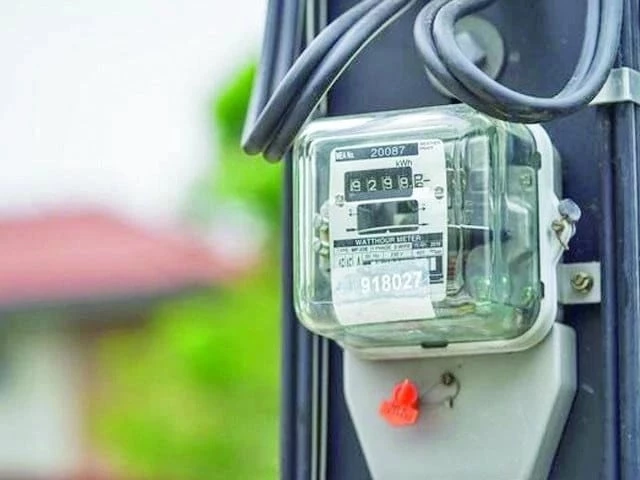Exorbitant gas bills threaten survival of industries
Businessmen urge PM to freeze 'controversial levy' as bills climb to tens of millions of rupees

The Karachi Chamber of Commerce and Industry (KCCI) and all seven industrial town associations and textile exporter bodies, while expressing deep concern over the exorbitant and retrospective gas bills, have urged the prime minister and petroleum and power division ministers to take urgent notice of the "anti-industry move" that threatens to shut down factories, cripple exports and make Pakistan an import-dependent economy.
Speaking at a joint press conference at the KCCI on Thursday, the business leaders appealed to the government to immediately freeze the controversial levy retrospectively charged for four months, which has raised gas bills from millions to tens of millions of rupees, an unbearable burden on industrial concerns.
Businessmen Group (BMG) Chairman Zubair Motiwala, who joined the press conference via Zoom, recalled that during Pervez Musharraf's tenure, industries had been encouraged to establish captive power plants (CPPs) to overcome the electricity crisis, with a clear assurance that gas would be supplied to them.
However, he lamented that the recent surge in gas tariffs, coupled with heavy taxes and levies, has made captive power generation unsustainable, turning billions of rupees invested in these plants into a complete waste.
"It seems the IMF wishes to make us an import-oriented economy," he remarked and asked the government to compare Pakistan's cost of doing business with those of India, Bangladesh, Sri Lanka, China, Cambodia and Vietnam.
The textile sector, comprising seven manufacturing stages, depends on energy at each level. "When energy costs are far higher than Bangladesh's, how can we compete? Give us the same cost of doing business, if we still fail, hold us accountable," he emphasised.
Motiwala condemned the imposition of a levy of Rs791 per million British thermal units (mmBtu) on CPPs, introduced on the pretext of cost differential with grid electricity. "No such differential actually exists," he asserted.





















COMMENTS
Comments are moderated and generally will be posted if they are on-topic and not abusive.
For more information, please see our Comments FAQ